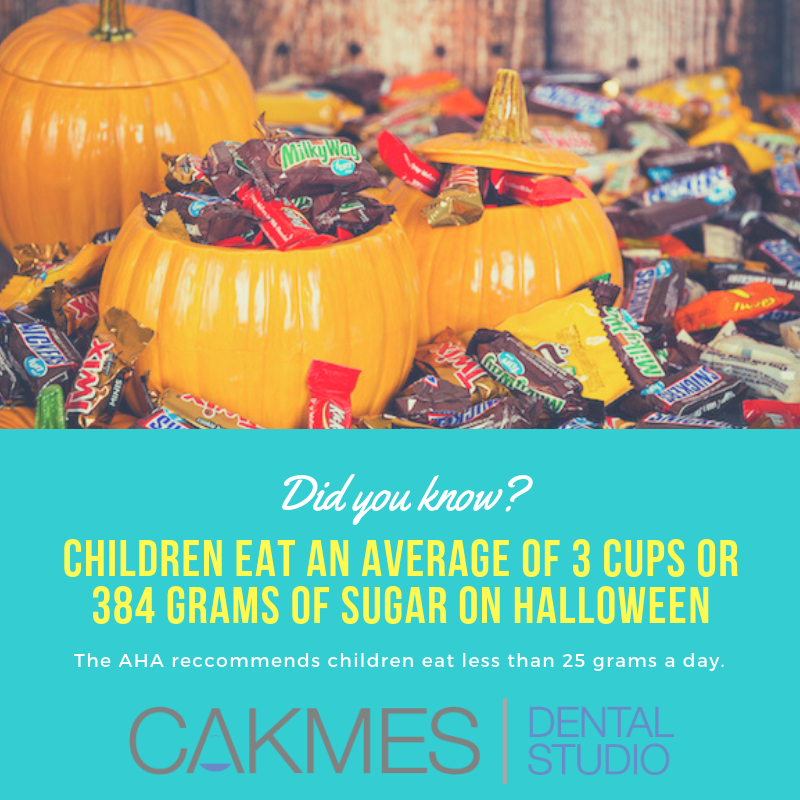You might be perplexed as to why dental specialists are so concerned about your sugar
intake. But we see firsthand – every single day – the results of excessive sugar
consumption coupled with poor oral health.
A nasty bacteria magnet, sugar attracts them.
Streptococcus mutans and Streptococcus sorbrinus are the two corrosive bacteria that
are typically found in the mouth.
Both of them feed on the sugar you consume to produce dental plaque, a sticky, white
film that develops on the teeth’s surface.
Snacking on sweet foods. It raises the chance of tooth decay and oral cavities,
according to studies.
Frequent between-meal snacking Your teeth are exposed to the bacteria that produces
acid for a longer period of time as a result.
Consuming fruit juices, smoothies, and drinks with added sugar. They are loaded with
sugar and have high acid content, which could destroy your teeth’s enamel.
Sipping your beverages slowly. The longer sugary and acidic beverages are allowed to
contact your teeth, the more harm they do to your dental health.
Eating things that are sticky, like hard sweets or lollipops. They release sugar over time
as you keep them in your mouth for a while.
Not flossing or brushing your teeth enough, and exposing sugar and acid to a lot of.
Eat a balanced diet that is high in whole grains, seasonal fruits and vegetables, fresh
produce, and dairy products.
If you do consume sweetened or acidic beverages or foods, do it with meals rather than
in between.
When consuming sugary and acidic beverages, you may want to think about using a
straw. Your teeth will be exposed to the acid and sugar in the drinks less as a result.
Additionally, you can boost the amount of saliva in your mouth by include raw fruit or
vegetables in your meals.
Harmful effects of sugar in the teeth

